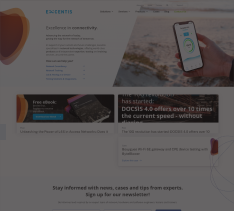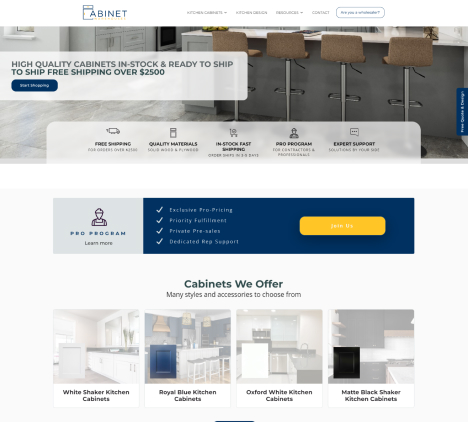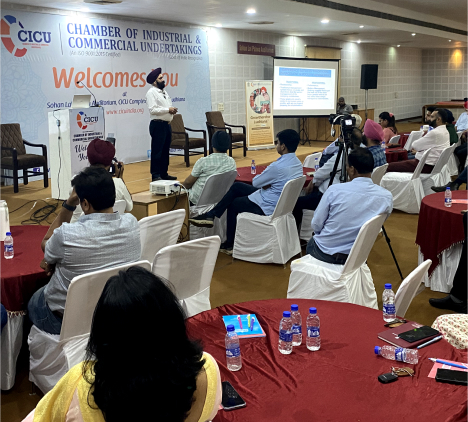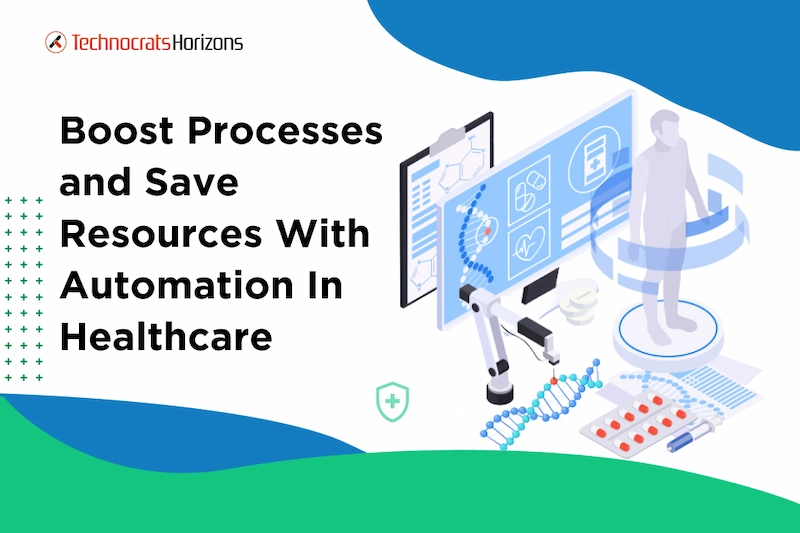Healthcare is one of the oldest and most significant industries. But most of it is still reliant on old-school operations. This leads to a lot of paperwork, mismanagement, and a lack of accessibility.
This can be sorted through a crucial transition! Recent years have seen a significant boom when it comes to automation in healthcare. The reason?
It has opened up the industry to expand its reach beyond geographical limitations, cut down costs significantly, reduced the burden on staff, and paved the path toward more organized operations.
According to Precedence Research, the global healthcare automation market is expected to hit USD 91.6 Billion by 2030.
Not Convinced Yet? This blog post will guide you through all the ways automation is transforming this industry operates and opening new doors for expansion.
What is Automation in Healthcare?
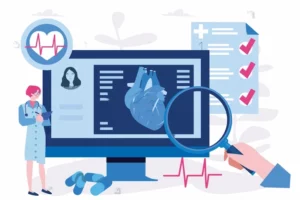
It is the process of using software and technology to complete regular tasks with minimum human intervention. Today, automation and AI are revolutionizing healthcare processes throughout every step of a patient’s journey: from setting up appointments and evaluating medical conditions to making diagnoses, prescribing treatments, ensuring follow-up care, and handling billing.
Healthcare facilities, medical professionals, and researchers are leveraging automation to cut costs, enhance the quality of care, and analyze both patient data and operational information. Automation, AI, and machine learning excel in managing large amounts of data and streamlining repetitive tasks.
However, like any powerful tool, the application of automation in healthcare is intricate. Healthcare administrators and executives need to understand how automation aligns with the industry to make the most of technological advancements and tackle the associated challenges.
To thrive in this competitive market, you must move towards automation and digitization to scale your healthcare business.
Automation in Healthcare: 8 Ways It’s Transforming The Industry
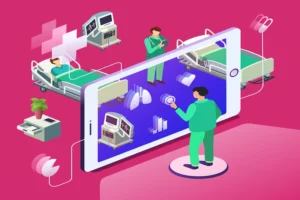
1. Healthcare at Fingertips
Automation in healthcare has made it accessible for more people than ever. They are no longer bound by different physical constraints and the same goes for healthcare professionals who can scale their services beyond their locations. They might even see multiple healthcare providers at once.
To match this evolving landscape, many healthcare organizations are adopting on-demand healthcare platforms. This platform lets doctors easily connect with different healthcare organizations for short-term assignments.
This setup grants doctors more control over their schedules, allowing them to provide medical care more flexibly. It also ensures that patients’ changing needs are met effectively. In a nutshell, healthcare is adapting to your busy life, making quality medical care more accessible and flexible than ever before.
2. Enhancing Resource Management and Efficiency
Automation in Healthcare brings a remarkable boost to hospitals’ effectiveness by doing away with time-consuming tasks and reducing administrative burdens. This shift enables medical teams to focus more on caring for patients. Digital tools such as electronic billing systems, inventory management systems, and patient scheduling systems optimize human resources potential.
Moreover, hospitals can predict demand and allocate resources better by utilizing predictive analysis based on historical data. This proactive approach helps medical providers manage their inventory effectively, which becomes crucial during emergencies. It also reduces errors which are more prone to happen when all processes are carried out by humans.
3. Reducing Costs
Digital transformation brings cost savings to healthcare providers by streamlining processes, improving patient outcomes, and reducing hospital readmissions.
Telemedicine and other digital solutions can cut healthcare costs by reducing the need for in-person visits, benefiting both patients and providers.
Digital tools also help manage inventory and supplies, reducing waste and expenses. By optimizing operations and minimizing administrative tasks, healthcare providers can run more efficiently, and provide improved patient care cost-effectively.
Wondering How Much a Healthcare App Costs? Try Our App Cost Calculator!!
4. User-Friendly Patient Portals
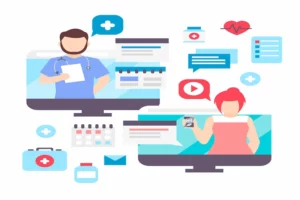
Patient portals are a key aspect of healthcare’s digital transformation. Think of them as online platforms that empower patients to do a variety of tasks: view their medical records, schedule appointments, chat with doctors, and more. These portals are gaining popularity for good reasons, and one of the big ones is that they make things super convenient and open.
As shown in a recent survey, 82% of healthcare professionals and organizations see patient portals as vital tools for interacting with patients.
Through these portals, patients can not only access their medical history, prescriptions, and visit notes online, but they can also easily share this information with other healthcare providers. This eliminates the need for manual transfers or sharing of medical records, saving time and making life easier for both patients and healthcare pros.
5. Enhanced Doctor-Patient Collaboration
Digitization simplifies the preservation of patient records. The days of keeping physical records for every doctor’s visit are over. Especially in emergencies when physical copies might not be accessible, having a patient’s medical history is crucial. Digitization comes to the rescue by keeping healthcare professionals updated on the patient’s medical background all the time.
Patients can create and maintain a digital record of their medical history, store it securely in the cloud, and share it with their chosen doctors and individuals. While this might require some upkeep and tech know-how, it proves invaluable during emergencies.
6. Accurate Diagnosis With Real-Time Data
Time is a crucial factor in the healthcare industry; it becomes even more pivotal in emergency situations. In such circumstances, manual procedures can lead to unintended errors and make the situation even more complicated.
AI technology plays a vital role here. Fast and accurate automated processes ensure precise deliveries and help patients follow their treatment plans. By using real-time data retrieved through automation, you can quickly spot any deviations from the treatment plan and take action in time.
In addition to diagnosis, automation also helps with medication. Automatic dispensing machines, for instance, cut down wait times and make sure patients get the right medicines promptly. This not only speeds up important tasks but also uses data to improve patient care.
7. Apps as Healthcare Tools
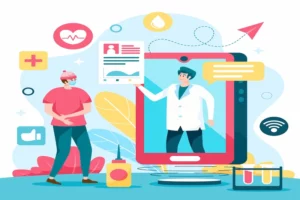
Automation in healthcare has made it possible to expand its access to apps and other IoT devices. The interlinking of healthcare software and platforms with these devices can keep patients connected and informed.
Wearable technology and mobile health (mHealth) applications have the potential to transform healthcare due to their accessibility and user-friendliness. Smartphones are already proving to be valuable health tools with easy scheduling and appointment reminders.
Connecting mobile apps with wearable devices can help in continuously monitoring body temperature, expanding the possibilities for remote healthcare.
8. Reduce Employee Burnout and Improve Satisfaction
Manual, repetitive, and time-consuming tasks in work scenarios can significantly increase stress levels. Continual stress not only affects the morale of staff but also contributes to burnout among personnel, leading to reduced patient satisfaction.
92% of healthcare workers believe that burnout is a direct result of excessive time spent on administrative tasks.
By automating these repetitive and tiresome tasks, healthcare systems can free up employees to focus on more complex and patient-oriented responsibilities.
Creating an environment where your staff feels content and motivated is crucial for their performance. This improves patient experience and satisfaction but also aids in attracting more patients to your healthcare business.
A content and satisfied staff will ultimately lead to happier and more loyal patients.
In Conclusion
The healthcare sector is on the brink of a transformation due to the digital revolution. Automation is changing the healthcare industry by making clinical and administrative processes more efficient and streamlined. This leads to better patient engagement and improved innovation, ultimately resulting in higher-quality patient care at reduced costs. In essence, healthcare digital transformation is all about delivering excellent patient care amid unprecedented medical advancements.
Want to take the right step towards automation in healthcare? Choose Technocrats as your scaling partner. From healthcare mobile apps to custom web solutions, we can do it all for you to streamline and speed up your processes.
Looking To Build A Healthcare Solution? Choose Us!!
Want to stay informed with industry news?
We’re here to guide you on what’s happening in the industry and how it impacts your business.
















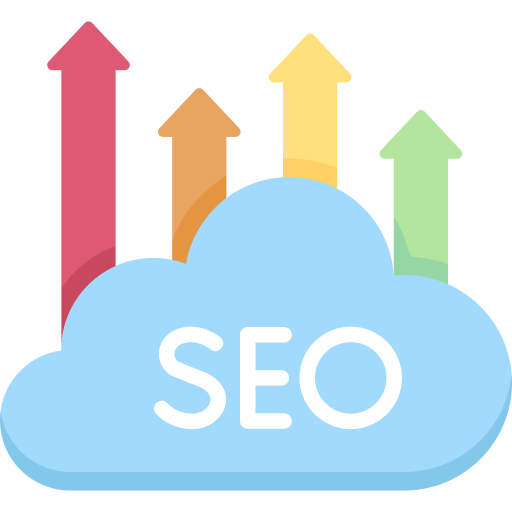
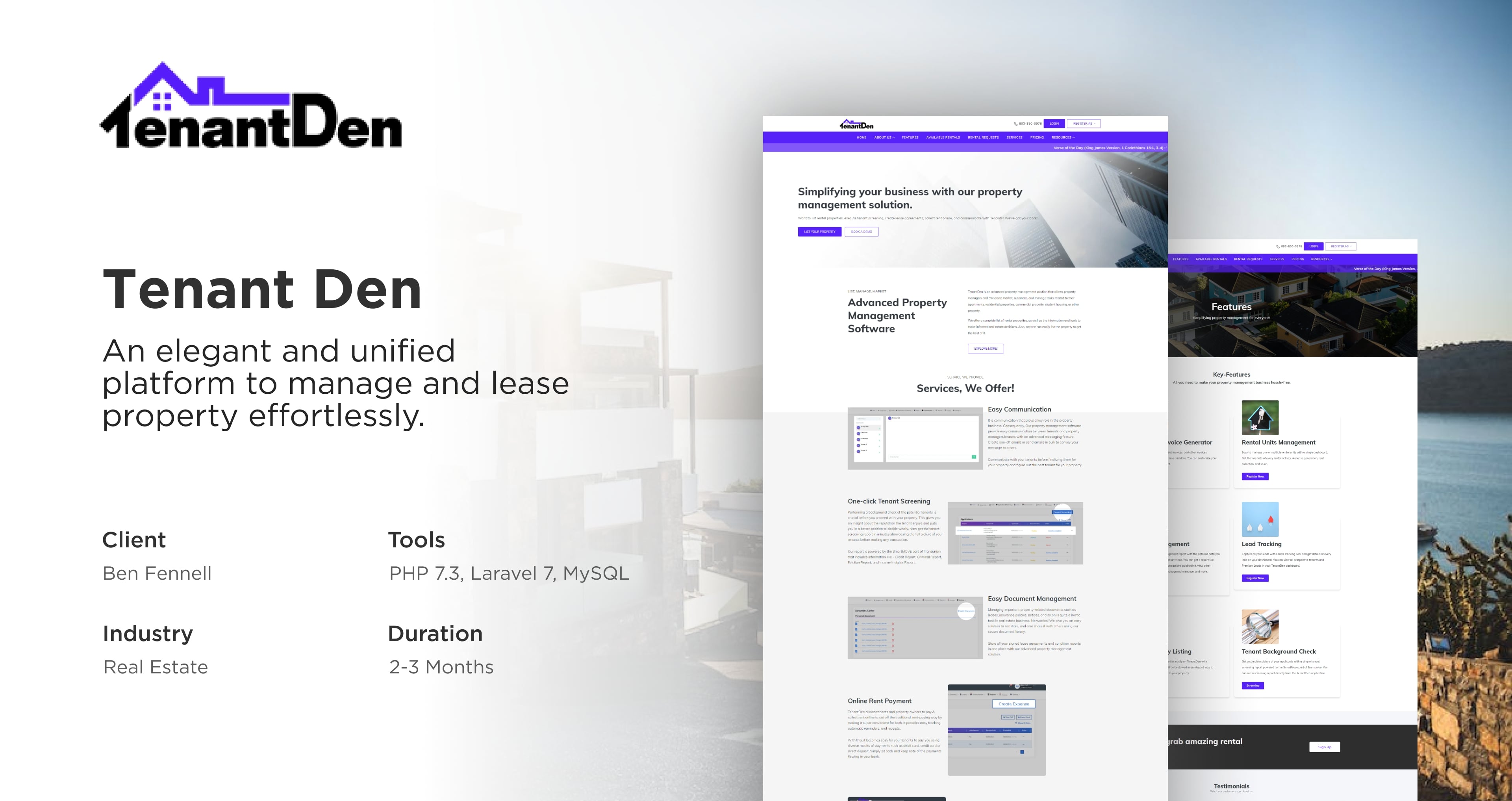

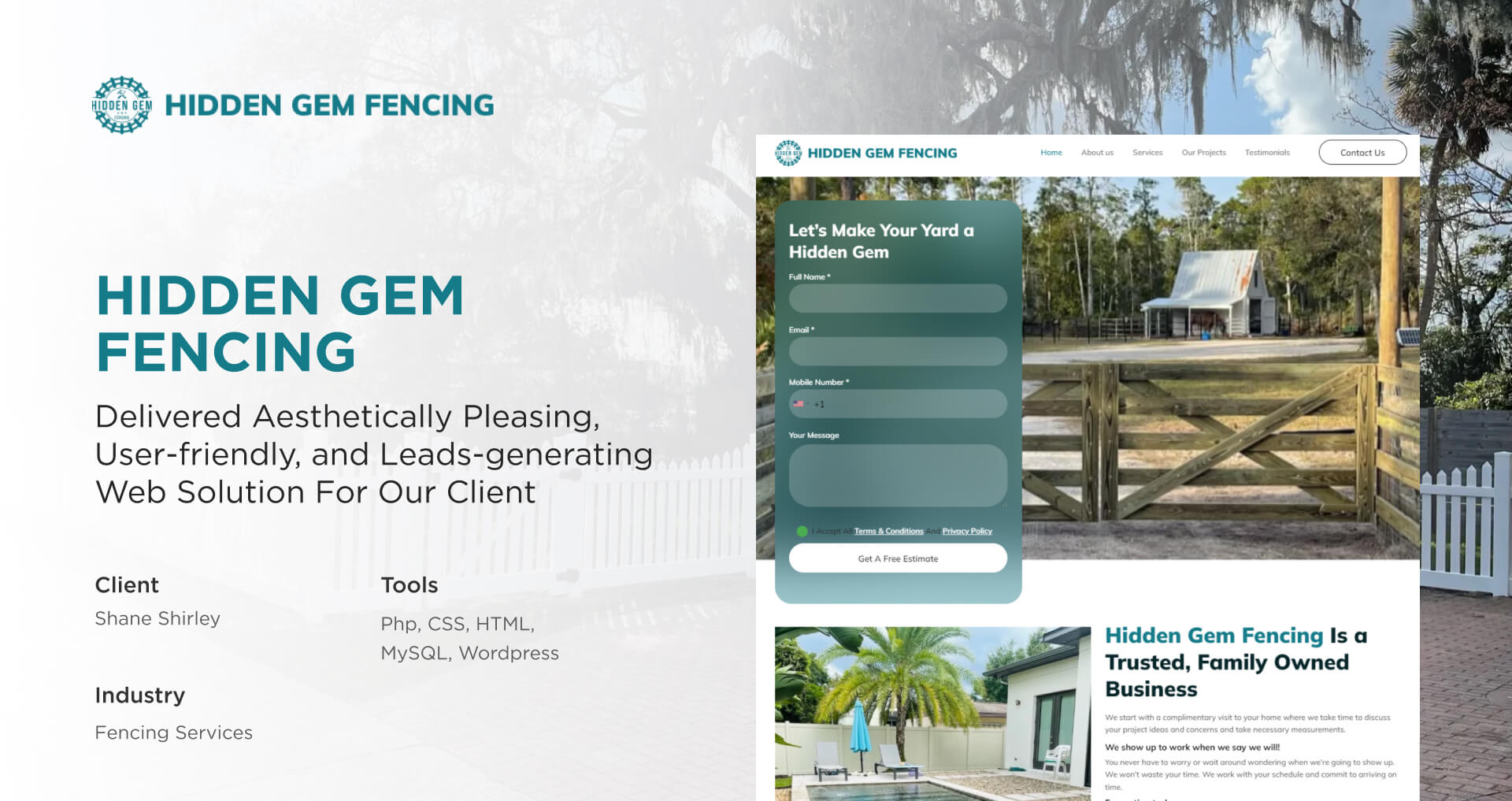
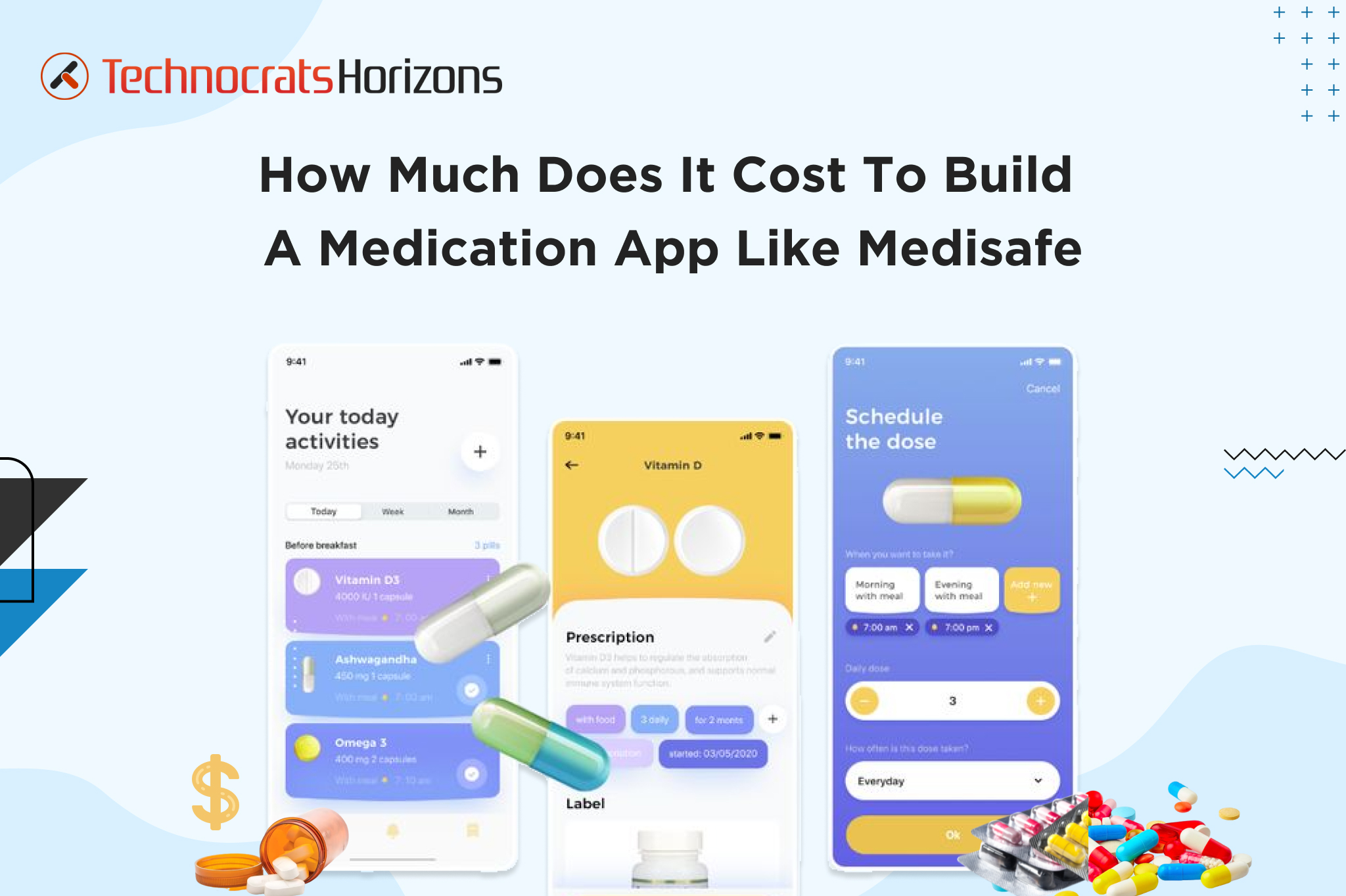
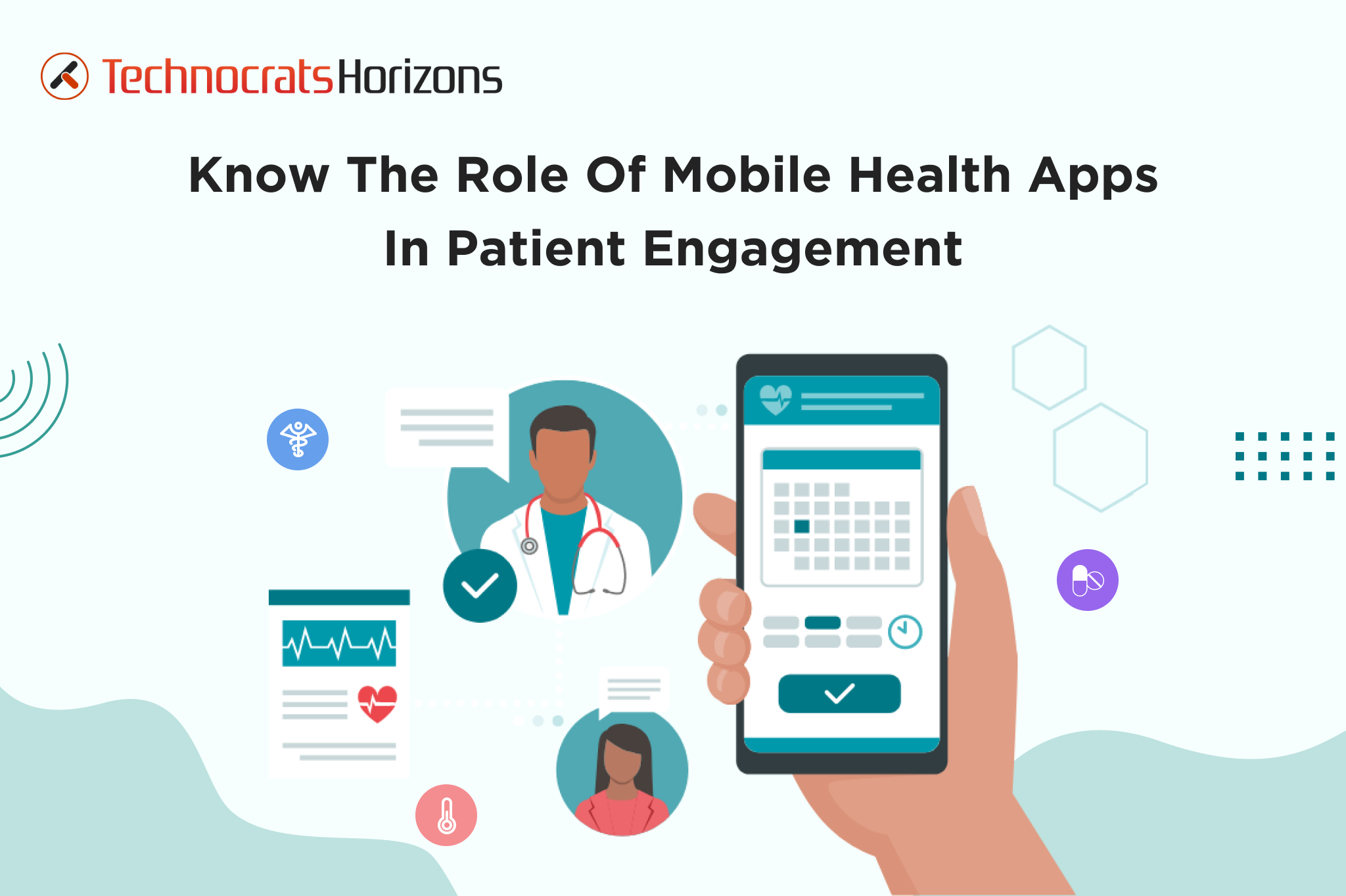


 Request a
Request a












